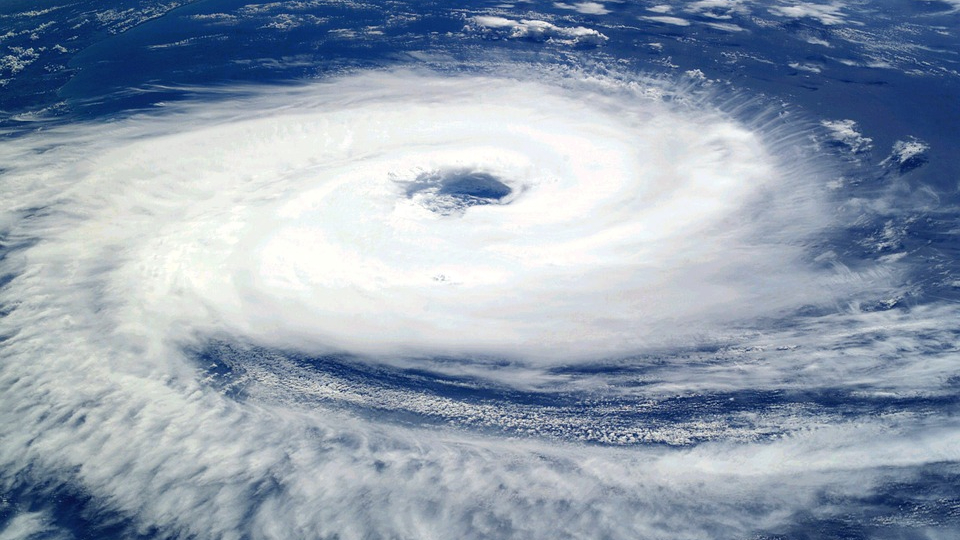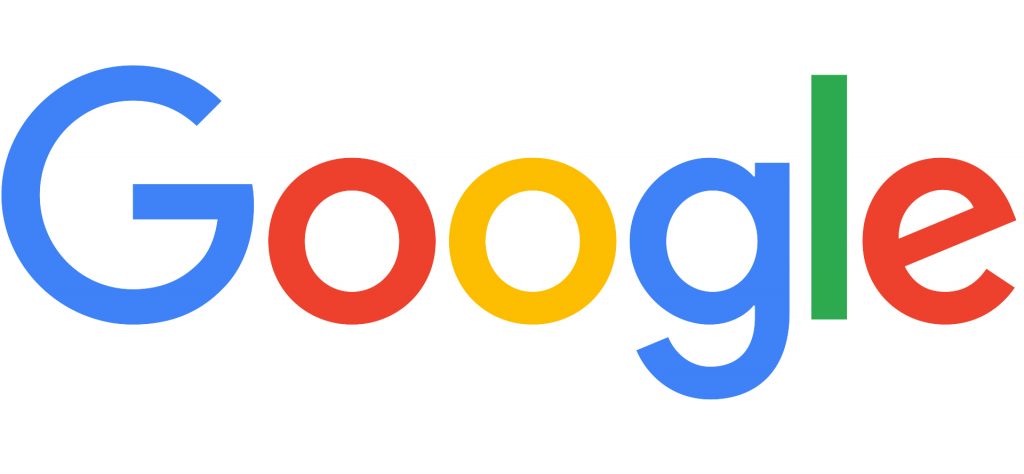Google Demonetizes Climate Change Deniers On YouTube
Climate change denial on YouTube will no longer be profitable.
This article is more than 2 years old

As misinformation continues to spread like a California wildfire across internet platforms, Google is taking one more step in silencing the deniers – demonetization. The deniers in this instance are those who call climate change a hoax and Google, by way of YouTube, is ramping up its efforts to stop the spread.
For those of you not in the know, content creators make a living off advertisements on YouTube. As soon as a YouTube channel meets specific YouTube requirements, the channel can then be monetized through advertising. Now, Google as well as YouTube, aim to slow down these misinformation channels by stopping their ability to make money.
Google announced on Thursday that advertising will no longer be permitted to appear alongside “content that contradicts well-established scientific consensus around the existence and causes of climate change.” They also said that advertisements will be prohibited to be included with content that denies the reality of climate change.
This new policy will go into effect next month and will apply to any YouTube content or other Google platform content referring “to climate change as a hoax or a scam.” The policy will also cover denials that “greenhouse gas emissions or human activity contribute to climate change.”
In their announcement on Thursday, Google said that “We’ve heard directly from a growing number of our advertising and publisher partners who have expressed concerns about ads that run alongside or promote inaccurate claims about climate change. Advertisers simply don’t want their ads to appear next to this content. And publishers and creators don’t want ads promoting these claims to appear on their pages or videos.”
In recent years, big tech companies have been dealing with increased pressure to do more in the fight against climate change. This includes taking action against those who have been spreading climate change-related misinformation on their platforms. While most big tech companies have agreed, the big problem they have all faced is how to implement the policy.
For Google and YouTube, the restrictions “will prohibit ads for, and monetization of, content that contradicts well-established scientific consensus around the existence and causes of climate change.” Online influencers, which there are millions of on YouTube, seem to be the target of this crackdown as they tend to sway followers with their climate change denial theories.

Facebook, ever the righteous do-gooder, announced their intention to eradicate climate changer deniers by giving out a $1 million grant to support “fact-checking” of false climate change claims.
Of course, climate change isn’t the only target. YouTube said last week that there will also be a major crackdown on vaccine misinformation as well.
This announcement and crackdown have already come under a bit of scrutiny.
“How will they determine what is misinformation (i.e., lies) or simply incomplete or misleading information?” asks Lisa Schipper, an environmental social science research fellow at the University of Oxford’s Environmental Change Institute, via AP News.
While the “how” can easily be answered, maybe the more important question is the “who.” Google says they will be using both automated tools and human reviewers to make sure their policy is running at peak efficiency. Publishers and YouTube creators will begin to feel this policy in November and advertisers will see it in December.
As one of the two major players in the digital ad industry worldwide, Google brought in a cool $147 billion in ad revenue last year. Facebook, which brought in $84.2 billion, prohibits ads that can be used to spread misinformation, but they don’t have a list of specific topics users must avoid. It’s kind of a pick-and-choose deal.
So, whether you believe in climate change or not, the bottom line from Google’s perspective is: believe it. There is no sense (or should that be cents) in promoting denialist views on YouTube as it pertains to climate change or vaccines as the autobots and the human eyes will surely find you, scrub you, and take away your money.





